For Education Leaders
Get proven strategies and expert analysis from the host of the Learning Can't Wait podcast, delivered straight to your inbox.
Virtual Staffing
Fill Teacher Vacancies in Days
- State-certified experts averaging 15+ years experience
- Fully aligned to your curriculum & standards
- Scalable, cost-effective hybrid solutions
Chad Alderman: The Truth About Teacher Shortages

The "Learning Can't Wait" podcast recently featured Chad Alderman, a school finance expert and columnist for The 74 Million, who delved into the complexities of the current teacher shortage in the United States. Alderman's insights, particularly on the nuanced nature of this issue, provide a valuable perspective that challenges the dominant narratives often portrayed in the media. In this blog post, we explore the key takeaways from his discussion, including the role of policy, the impact of teacher preparation programs, and the significance of regional disparities in understanding the teacher shortage.
Curious how your district can address teacher shortages with smart, localized strategies? Schedule a free consultation today and learn how Fullmind supports schools with certified educators, flexible staffing models, and data-driven solutions tailored to your region’s unique needs.
The Misconception of a National Teacher Shortage
Alderman's data-driven approach helps clarify a common misconception: despite widespread reports of a teacher shortage, the actual number of teachers has increased since the pandemic. This is contrasted with a slight decline in student enrollment, leading to a more favorable student-teacher ratio in many regions. However, Alderman emphasizes that this does not mean there are no shortages—it simply means that the issue is more localized and subject-specific than the broad term "shortage" might suggest.
- Increase in Teacher Numbers: Contrary to popular belief, there are more teachers now than pre-pandemic.
- Localized Shortages: Specific regions (e.g., Florida, Louisiana, Alaska) and subjects (e.g., special education, STEM) are experiencing more significant shortages.
- National vs. Local Narrative: The teacher shortage narrative often fails to capture the localized nature of the issue, leading to misconceptions.
Policy Levers and Their Impact on Teacher Supply
Alderman highlights several policy levers that significantly impact teacher supply, including certification requirements, reciprocity agreements between states, and the structure of teacher preparation programs. He argues that some of these barriers to entry may not be as effective in ensuring teacher quality as intended. For example, alternative certification programs, like Teach for America, have shown that teachers from non-traditional backgrounds can perform as well as, if not better than, their traditionally certified counterparts.
- Certification Requirements: States with high barriers to entry may struggle more with teacher supply, and these barriers do not necessarily correlate with teacher effectiveness.
- Alternative Certification: Programs like Teach for America demonstrate that alternative pathways can yield effective teachers.
- Reciprocity Agreements: States that lack agreements for recognizing out-of-state teaching credentials may face additional hiring challenges.
The Role of Teacher Preparation Programs
During the podcast, Alderman discusses his own experience with teacher preparation programs, noting that his initial training did not meet his expectations for rigor. This observation aligns with broader concerns about the adequacy of teacher preparation programs in equipping new teachers with the skills necessary to be effective in the classroom. Alderman suggests that focusing more on student outcomes and practical teaching skills could improve these programs.
- Rigor of Preparation Programs: There is a need for greater focus on student outcomes in teacher preparation programs.
- Focus on Practical Skills: Emphasizing practical, in-classroom skills over theoretical knowledge may better prepare teachers for success.
- Mindsets Over Skills: Alderman and other educational leaders agree that a teacher’s mindset and belief in student potential are critical factors in their effectiveness.
Addressing the Challenges with Data-Driven Solutions
One of Alderman’s key strengths is his use of data to bring clarity to complex issues. His work in analyzing teacher supply and demand highlights the importance of using accurate, localized data to inform policy decisions. By focusing on data-driven insights, educators and policymakers can better understand the specific needs of different districts and tailor their approaches accordingly.
- Data-Driven Decision-Making: Accurate, localized data is essential for understanding and addressing teacher supply challenges.
- Tailored Approaches: One-size-fits-all solutions are ineffective; policies should be tailored to the specific needs of districts.
- The Importance of Nuance: Understanding the nuanced nature of teacher shortages can lead to more effective and targeted solutions.
Conclusion
Chad Alderman’s insights into the teacher shortage issue reveal the complexity behind the headlines. By focusing on data and understanding the specific needs of different regions, we can move beyond simplistic narratives and develop more effective policies to address the real challenges faced by schools across the country. Whether through rethinking certification requirements, enhancing teacher preparation programs, or using data to inform policy, there are multiple avenues for improving teacher supply and ensuring that all students have access to quality education.
For Education Leaders
Get proven strategies and expert analysis from the host of the Learning Can't Wait podcast, delivered straight to your inbox.
Let’s Work Together
We’ll review your application and get in touch!




.webp)


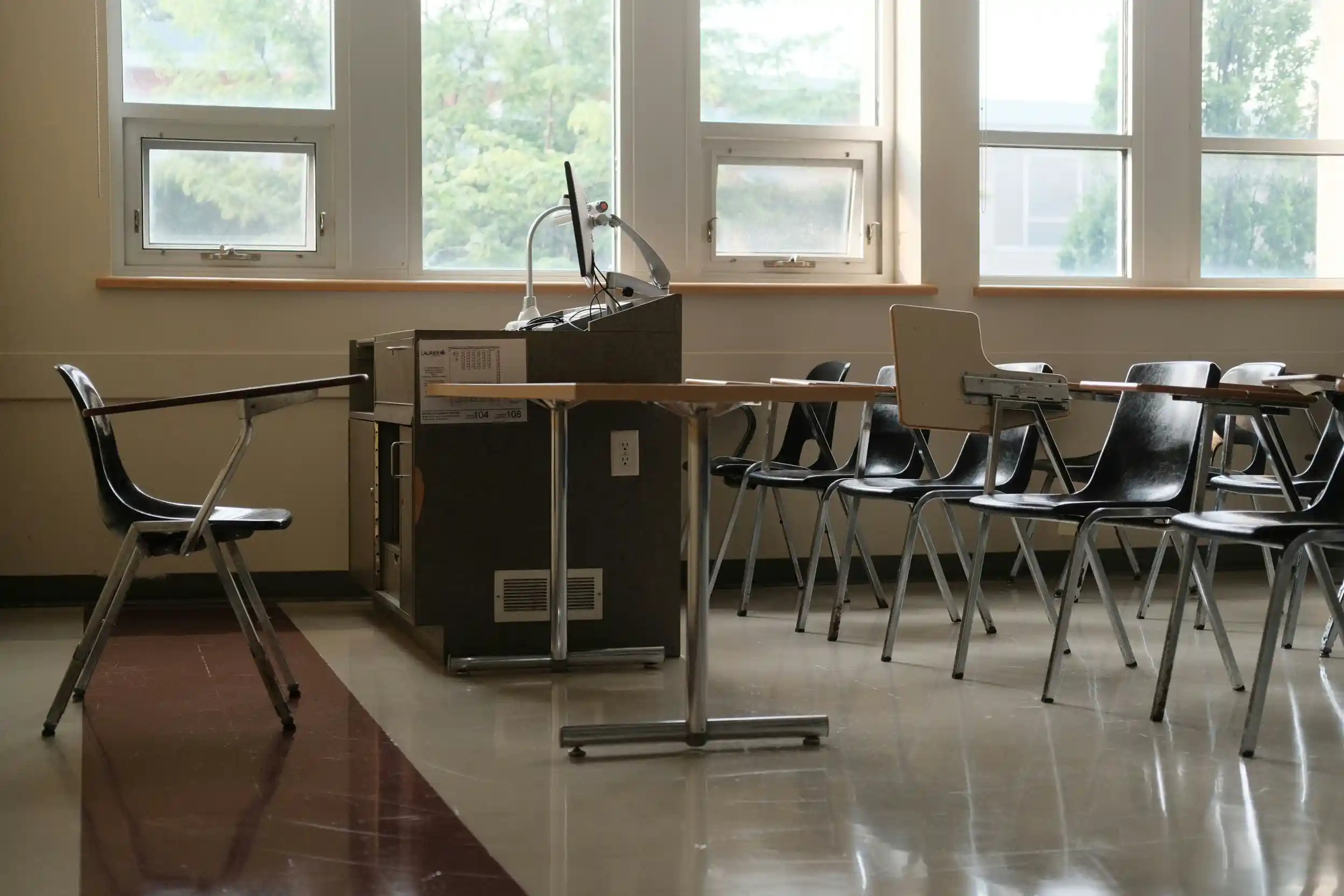










.webp)



























.webp)



%20.webp)



















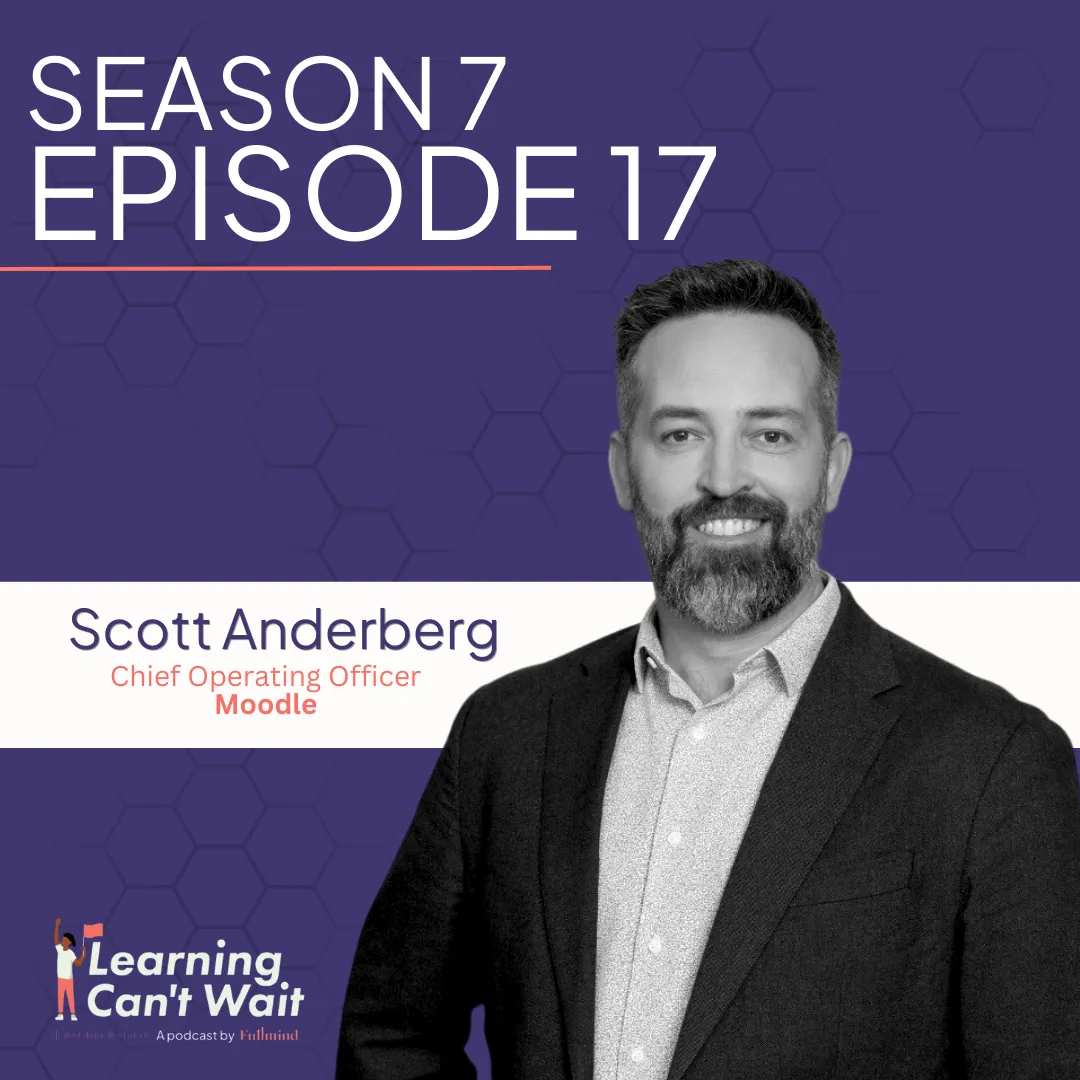

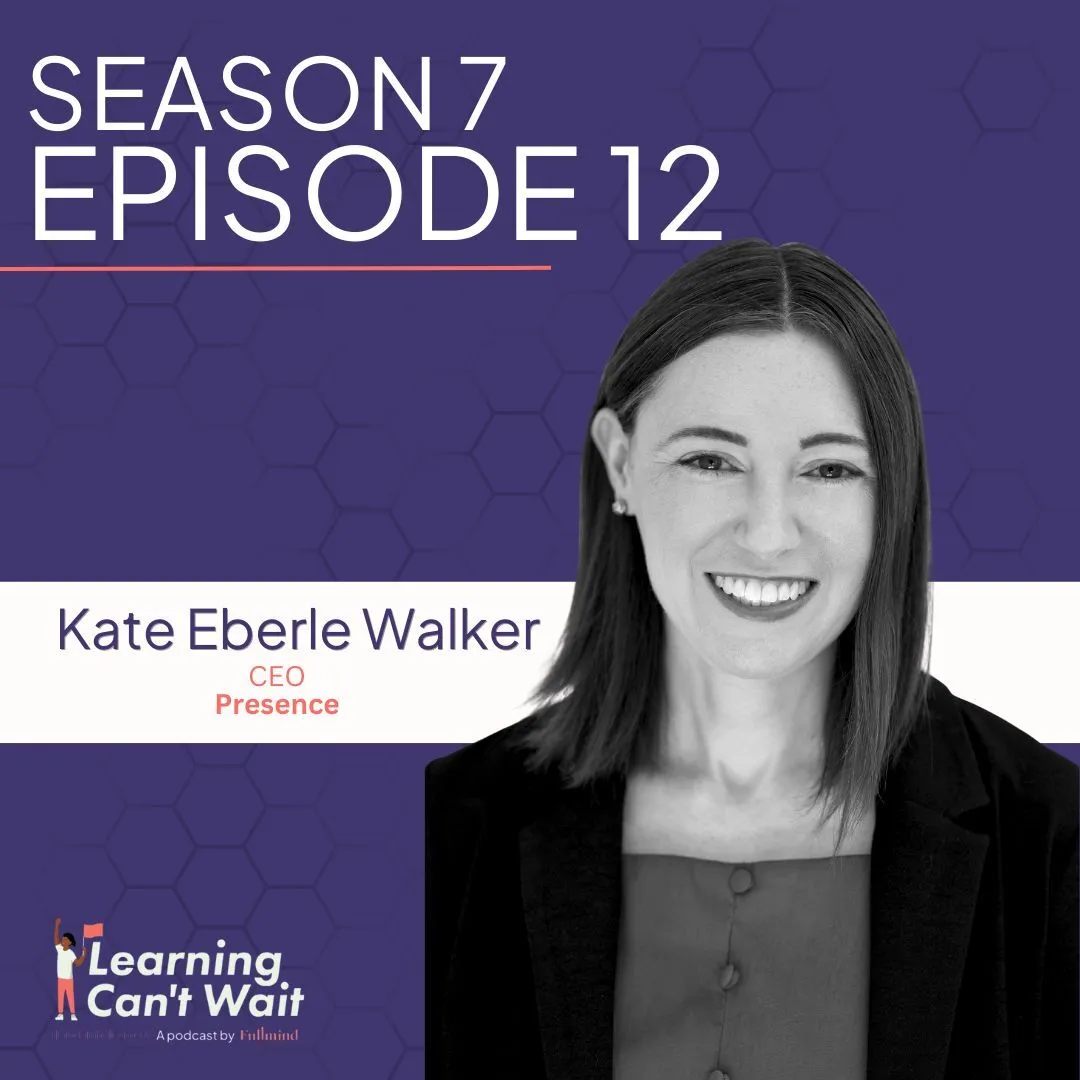
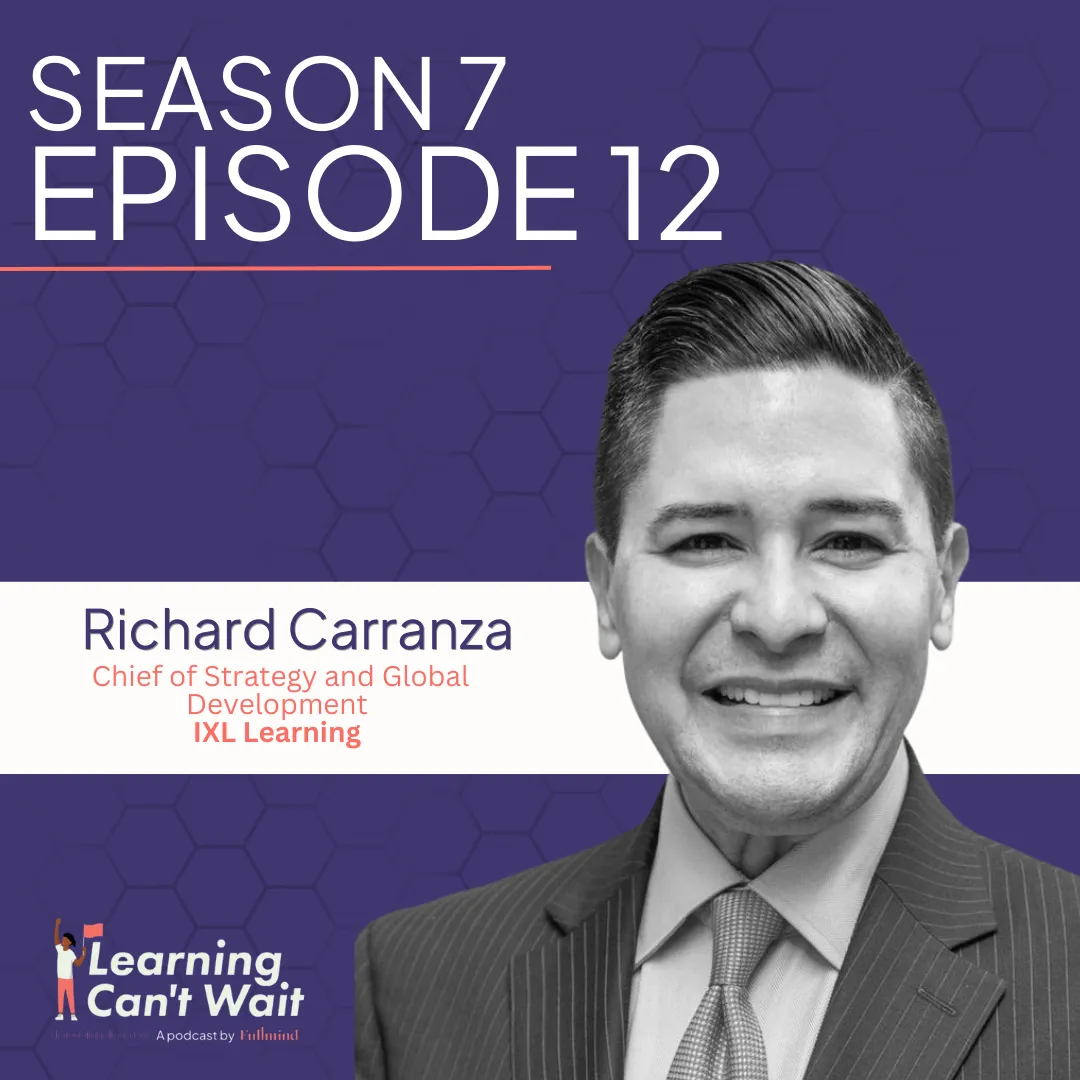







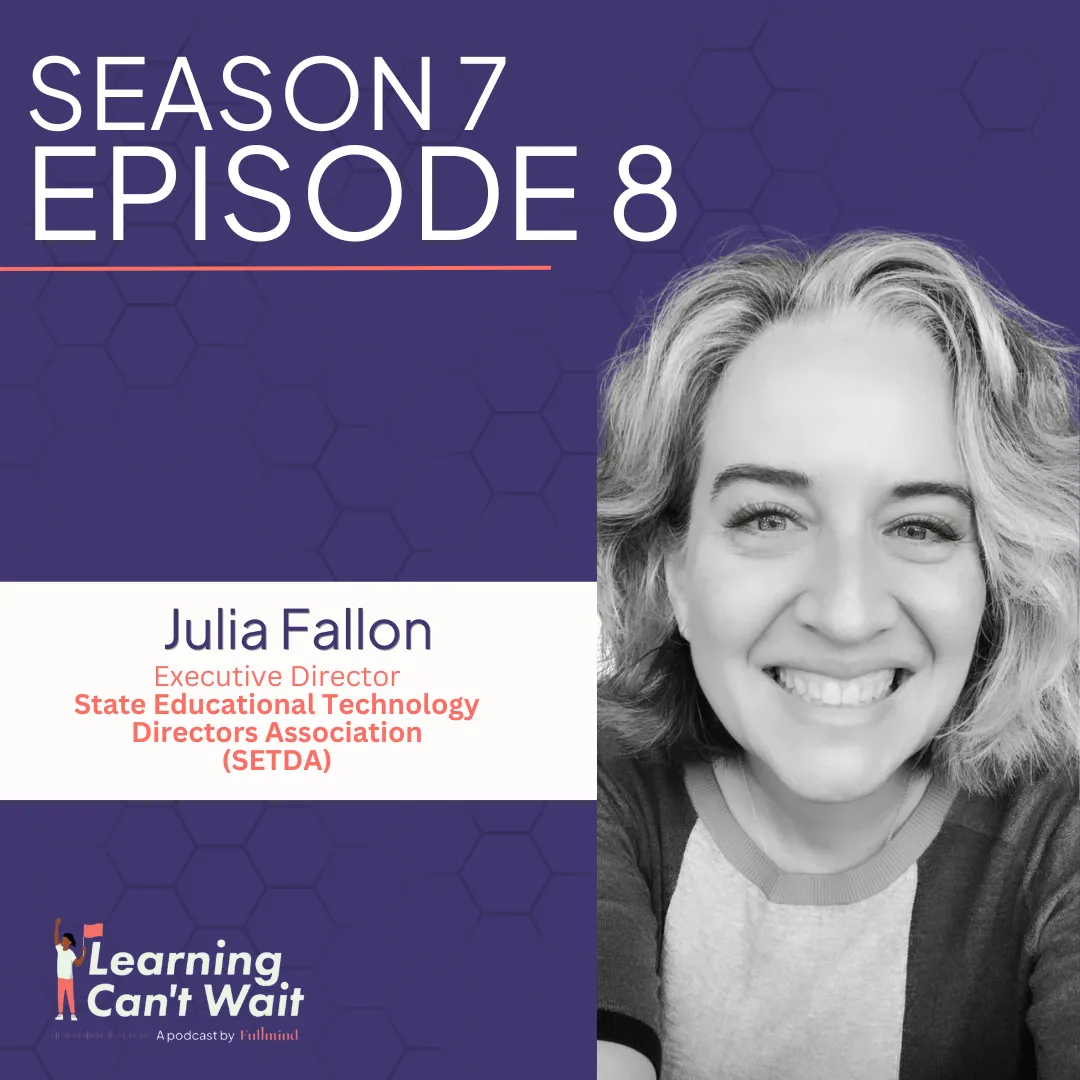






.webp)
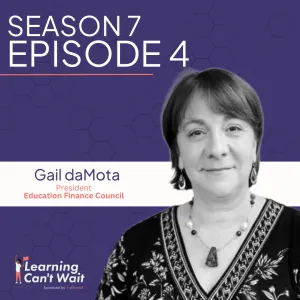

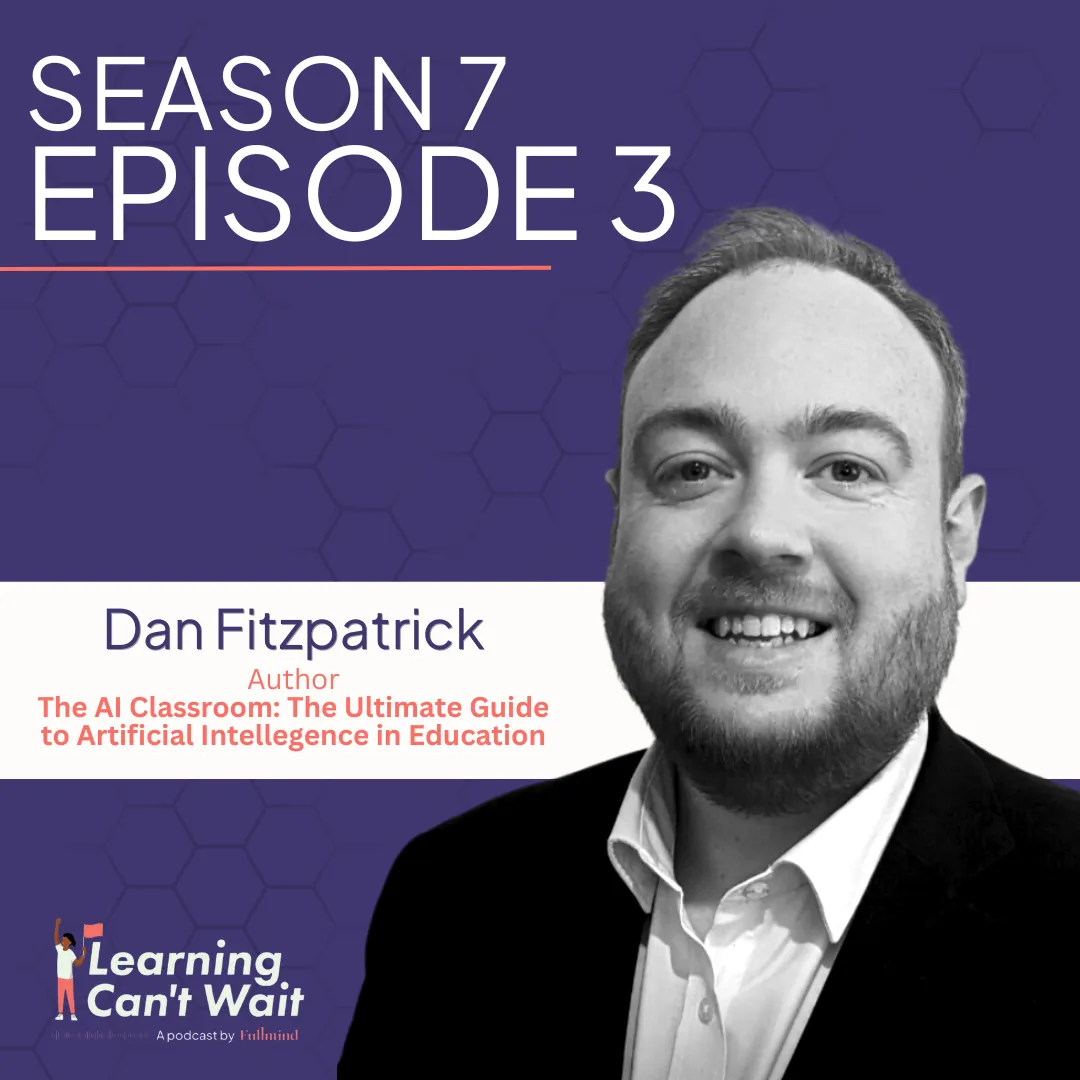
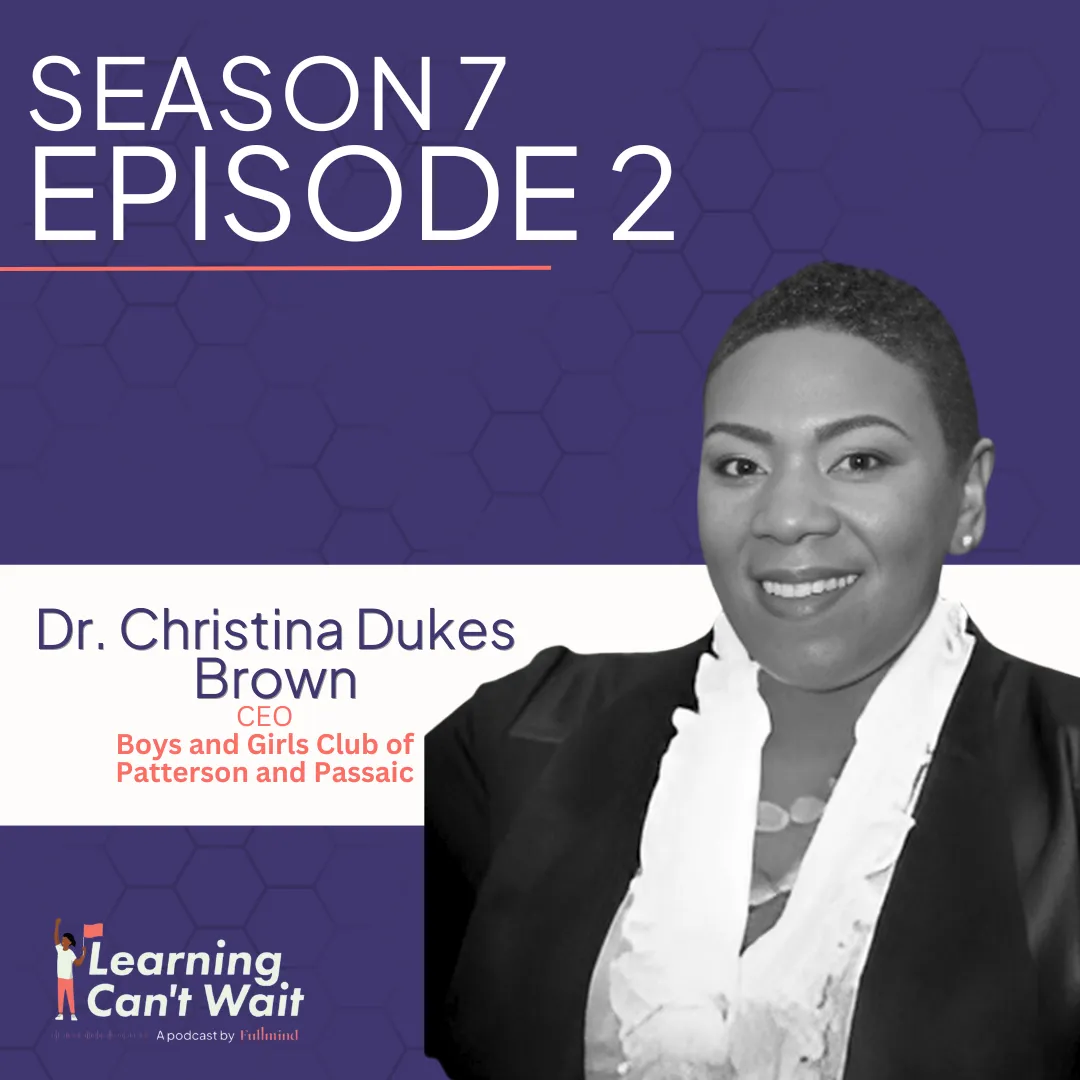
.webp)


.webp)


.webp)